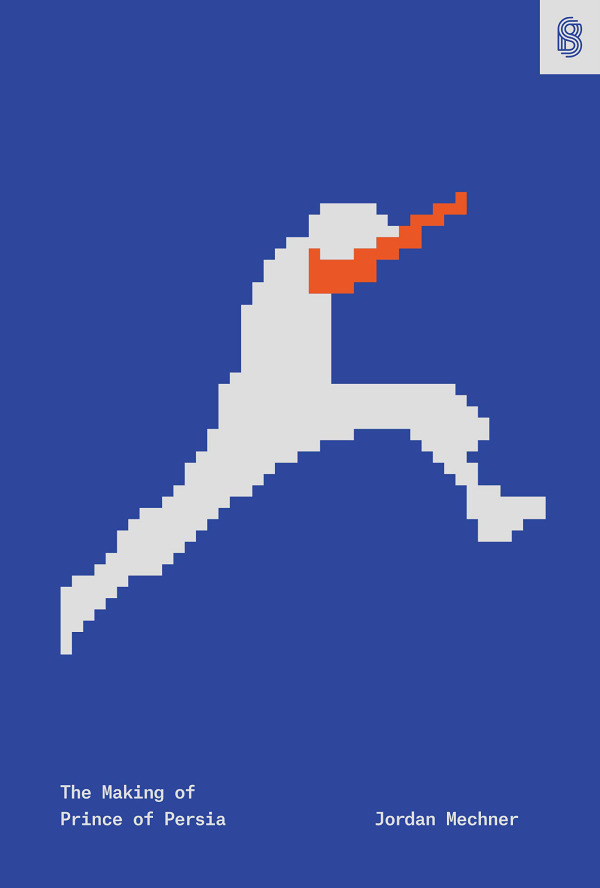Jornad Mechner - The Making of Prince of Persia
My rating: ★★★☆☆ (60%)
Jordan deserves kudos for publishing an unfiltered journal from his early twenties without censoring it. It’s a brave move.
The engaging nature of Jordan’s writing style
Jordan’s writing impressed me and I’ll adjust my journaling style after reading this book. That’s the main reason you should read the book: To see how engaging a journal can be if you write it like normal prose: adding suspense, jokes, and a lot of emotion. Sometimes he mentioned important world events as a background for his journal.
What the book doesn’t cover
If you want to know technical details about making games in the 80s and 90s, this book won’t help you. The book didn’t describe the process of making the game itself in detail, so it didn’t satisfy my curiosity as a software engineer. It reads more like a soap opera about Jordan’s relationships and emotions as he made PoP.
I learned several interesting things:
- Making a game back then was often a one-person job
- The lead programmer could expect roughly a 10% royalty
- Jordan had a very entrepreneurial mind, thinking about how to earn more money at every step
- Jordan showed more interest in filmmaking than game-making
- When making PoP, Jordan believed that the computer game market might be ending
Jordan’s analysis of successful 80s games
Jordan provided an interesting analysis of the characteristics of successful 80s games:
- You can tell at any moment, by glancing at the screen, how close you are to finishing, how much is left.
- There are setbacks and successes on the road to ultimate success. You get a smaller version of the “Whew! Did it!” when, say, you clear a difficult area (Pac-Man), or drive a guard back with a series of blows (Karateka), or retrieve a hard-to-get sack (Lode Runner). Conversely, you get the “Oh, shit…” reaction when you accidentally split up a bunch of bigger asteroids into more smaller, faster ones; or when you finish a pattern and see that you’ve missed one dot; etc. Some setbacks are fatal, some are just irritating. But when they happen, you feel they’re your own fault.
- You can hold off on the next task, waiting for the right moment, before saying “OK… Now” and going for it… plunging into a period of higher tension, higher chance of either a setback or success.
Conclusion
Overall, I would not read the whole book again; I recommend skimming through it. The first third is, in my opinion, the most interesting.
